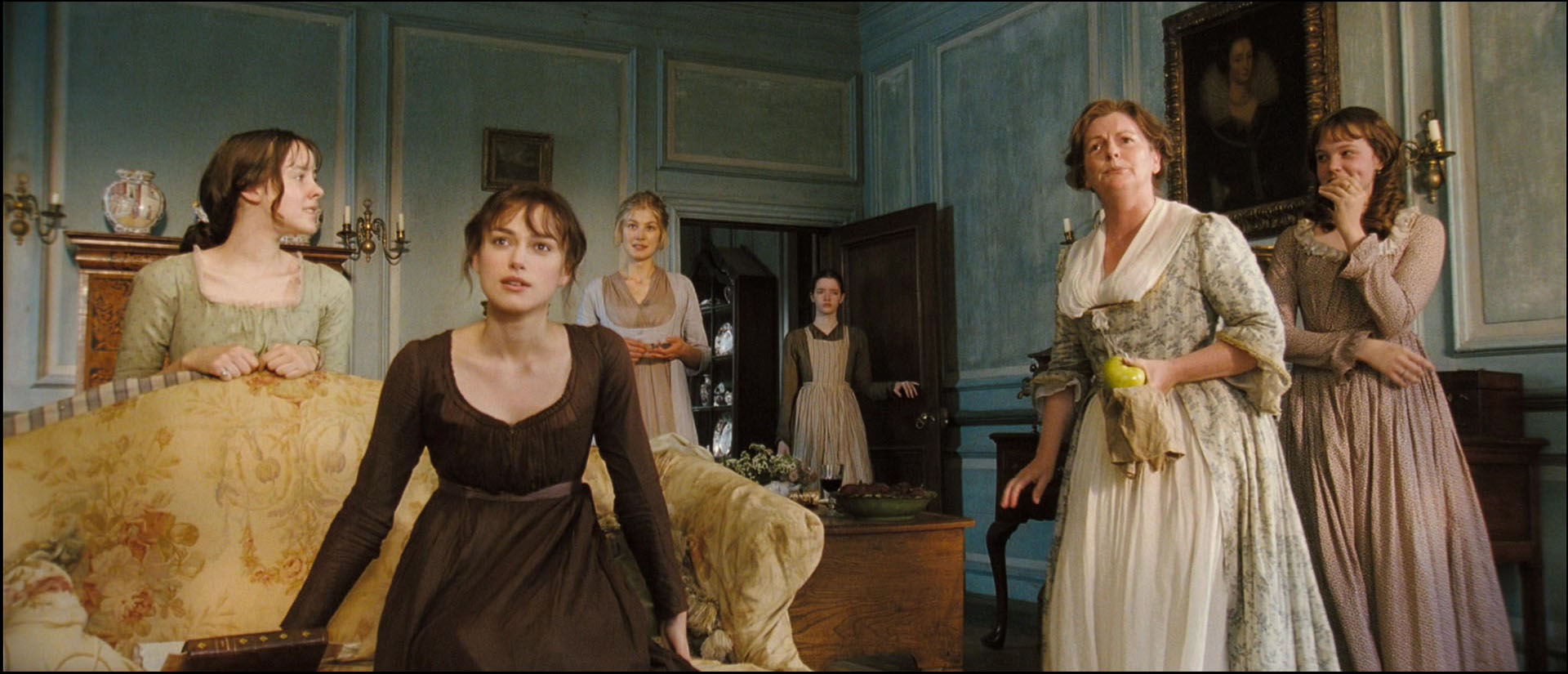Photo AI
Last Updated Sep 26, 2025
Themes Simplified Revision Notes for Leaving Cert English
Revision notes with simplified explanations to understand Themes quickly and effectively.
477+ students studying
Themes
- Love and Marriage
- Social Class
- Pride and Prejudice
- Family and Reputation
Love and Marriage
Love and marriage are central themes in Pride and Prejudice, with the novel exploring different kinds of relationships and the societal expectations surrounding marriage.
Key examples:
- Elizabeth and Darcy's Relationship: Elizabeth and Darcy's relationship evolves from initial misunderstandings to mutual respect and love, illustrating that a successful marriage is based on understanding and equality. Austen uses their journey to show that true love requires overcoming personal flaws and societal pressures.
- Charlotte Lucas and Mr. Collins: Charlotte's pragmatic decision to marry Mr. Collins for financial security, despite the lack of romantic love, highlights the economic considerations that often influenced marriages in the 19th century. Through this, Austen critiques the societal pressures that force individuals, especially women, into marriages of convenience. Austen uses the theme of love and marriage to critique the social norms of her time, emphasising that marriage should be based on love, respect, and mutual understanding rather than social standing or financial security.

Social Class
Social class plays a significant role in Pride and Prejudice, influencing the characters' actions, relationships, and the way they are perceived by others.
Key examples:
- The Bennets' Social Standing: The Bennet family's relatively low social standing impacts their daughters' marriage prospects, as seen in Mr. Darcy's initial reluctance to pursue Elizabeth due to her family's lack of wealth and connections. Austen uses this to critique the rigid class distinctions of the time.
- Lady Catherine de Bourgh's Attitude: Lady Catherine's condescending attitude toward those she considers beneath her, including Elizabeth, highlights the snobbery and entitlement of the upper class. Her attempts to control Darcy's marriage decisions underscore the influence of social class on personal relationships. Austen explores the theme of social class to critique the rigid class structures of her time and to advocate for judging people based on their character rather than their social status.
Pride and Prejudice
The theme of pride and prejudice is central to the novel, as it explores how these traits affect the characters' relationships and personal growth.
Key examples:
- Darcy's Pride: Darcy's initial pride in his social standing and his prejudice against those of lower status, particularly the Bennets, lead to his strained relationship with Elizabeth. However, his eventual recognition of Elizabeth's worth and his own flaws reflects his personal growth.
- Elizabeth's Prejudice: Elizabeth's prejudice against Darcy, based on his initial aloofness and the misleading information provided by Wickham, blinds her to his true character. Her eventual realisation of her mistake highlights the importance of overcoming prejudice and being open to change. Austen uses the theme of pride and prejudice to show how these flaws can cloud judgment and hinder relationships, but also how self-awareness and personal growth can lead to reconciliation and understanding.
Family and Reputation
Family and reputation are important themes in Pride and Prejudice, reflecting the societal expectations and pressures of the time.
Key examples:
- The Bennet Family's Reputation: The Bennet family's reputation is often at risk due to the actions of its members, particularly Lydia's elopement with Wickham. Austen uses this to highlight the importance of reputation in a society where a family's standing can be easily damaged by scandal.
- Elizabeth's Loyalty to Her Family: Despite her awareness of her family's flaws, Elizabeth remains loyal to them and defends them against external criticism. Austen uses this to illustrate the complexities of familial relationships and the importance of maintaining one's integrity despite societal pressures. Through the theme of family and reputation, Austen critiques the social norms that place undue importance on external appearances and emphasises the value of personal integrity and loyalty.

500K+ Students Use These Powerful Tools to Master Themes For their Leaving Cert Exams.
Enhance your understanding with flashcards, quizzes, and exams—designed to help you grasp key concepts, reinforce learning, and master any topic with confidence!
160 flashcards
Flashcards on Themes
Revise key concepts with interactive flashcards.
Try English Flashcards29 questions
Exam questions on Themes
Boost your confidence with real exam questions.
Try English Questions27 exams created
Exam Builder on Themes
Create custom exams across topics for better practice!
Try English exam builder148 papers
Past Papers on Themes
Practice past papers to reinforce exam experience.
Try English Past PapersOther Revision Notes related to Themes you should explore
Discover More Revision Notes Related to Themes to Deepen Your Understanding and Improve Your Mastery
